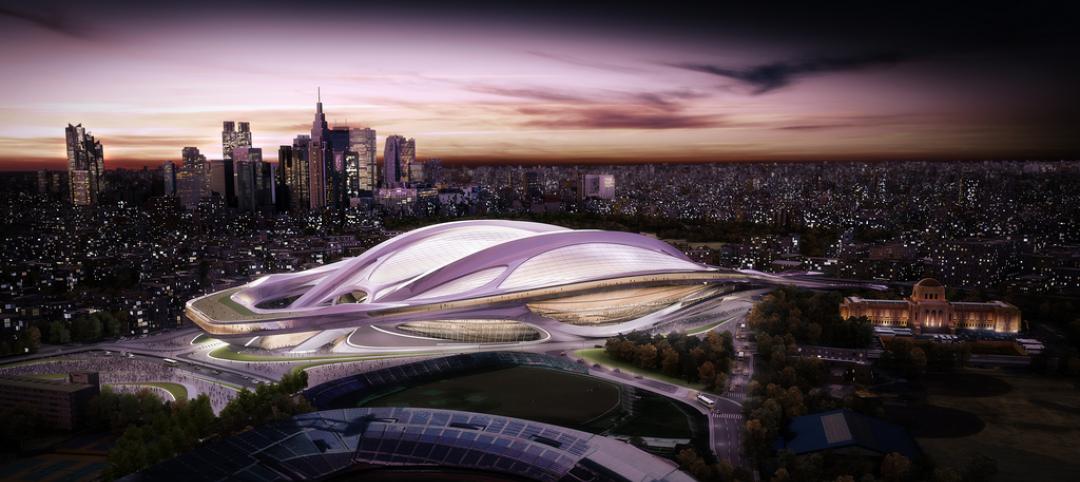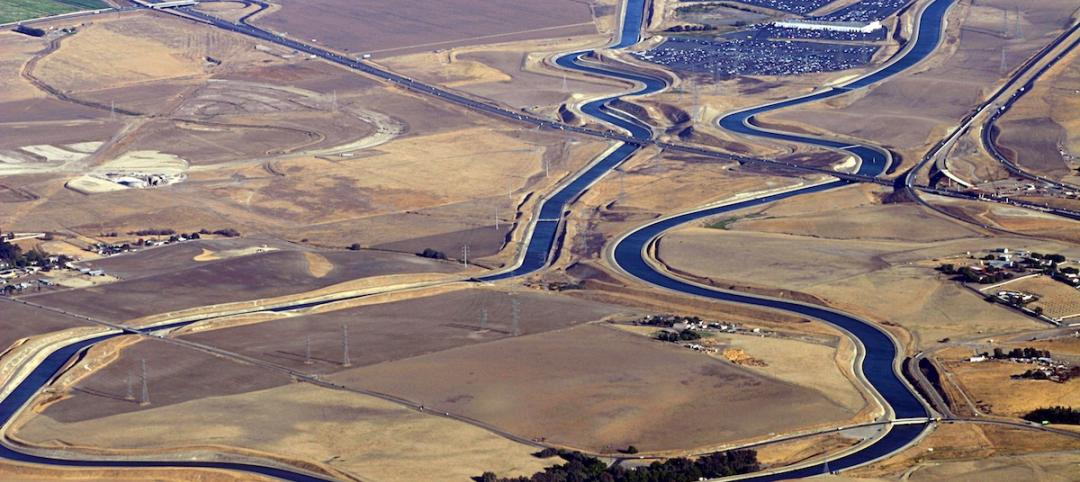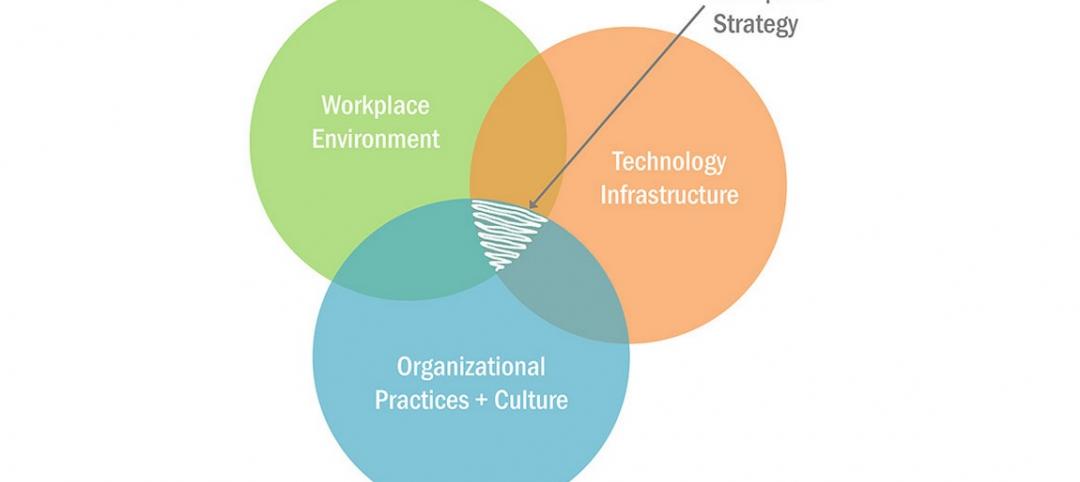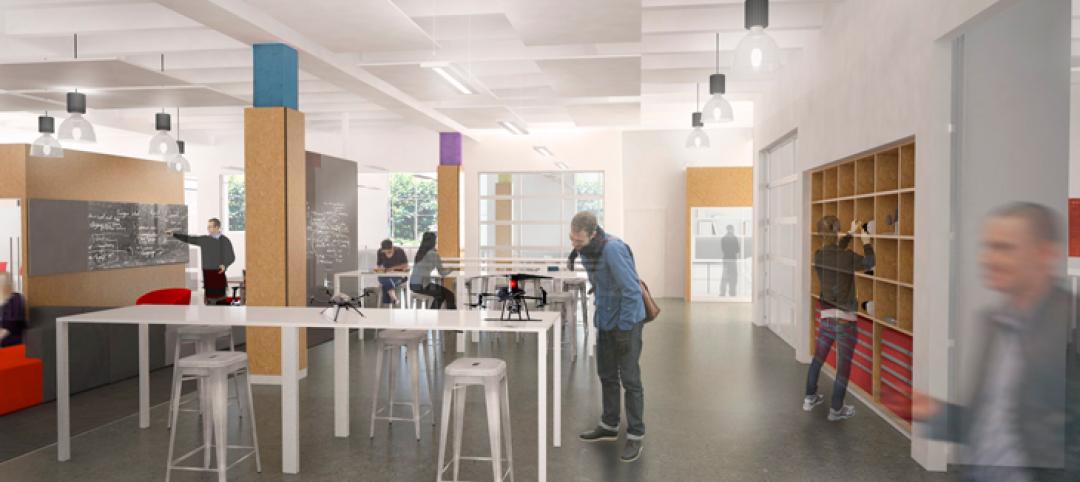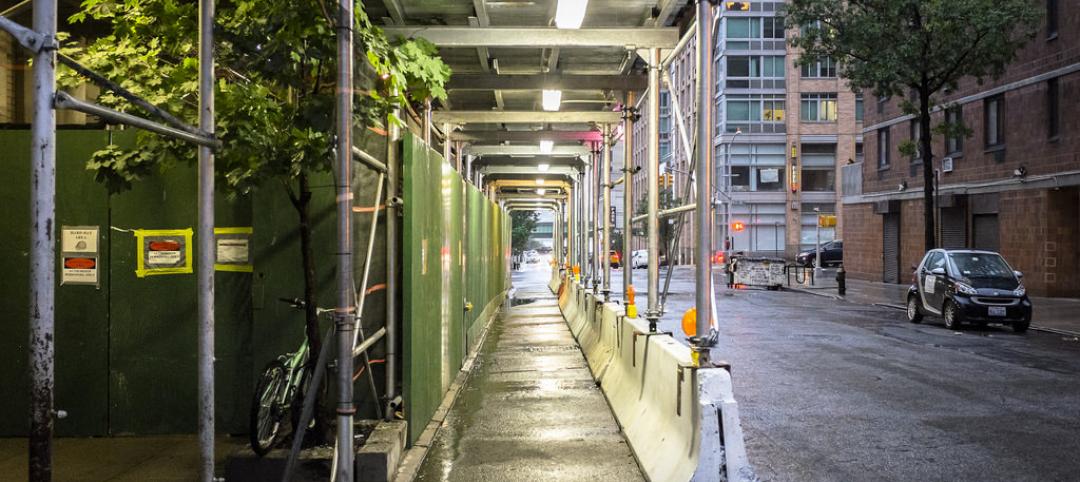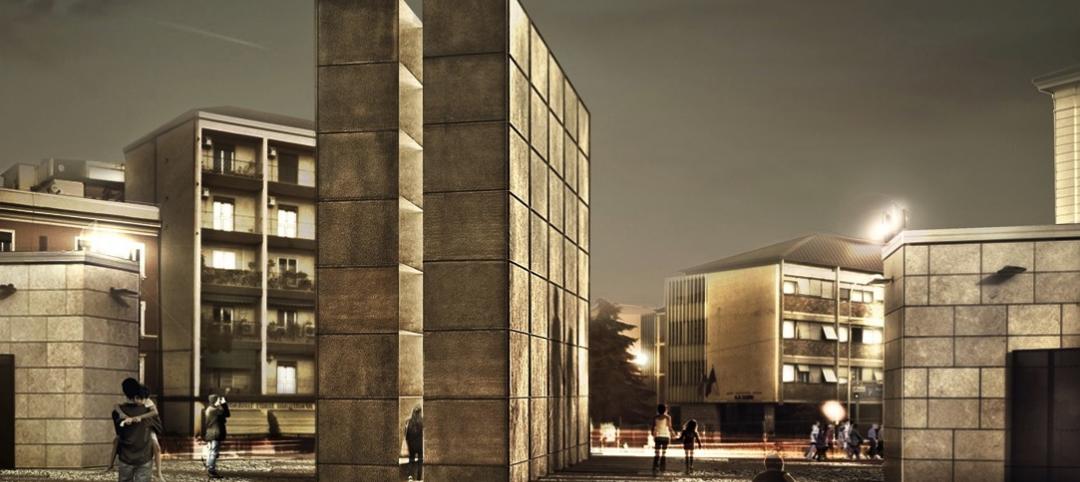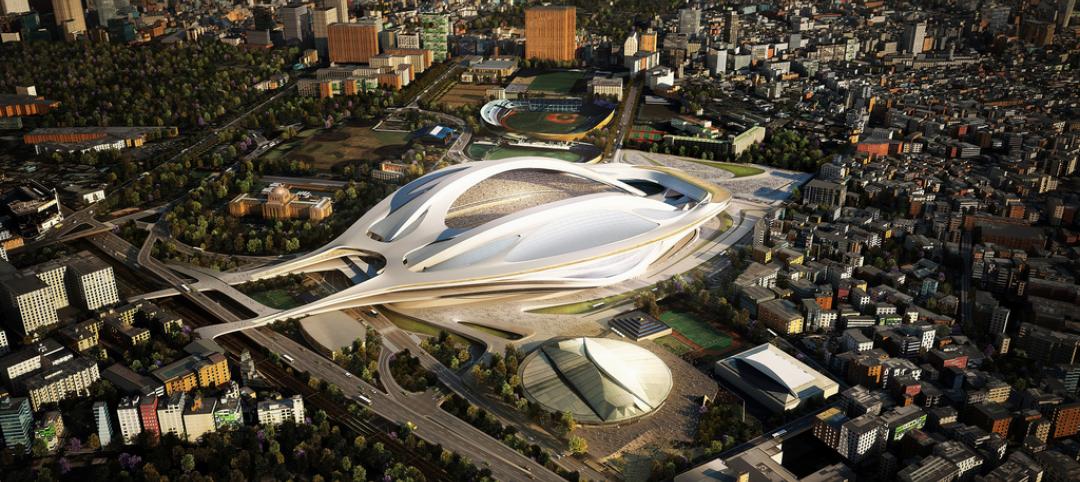The American Institute of Architects’ (AIA) Board of Directors has approved a landmark resolution—championed by AIA members—that defines immediate and long-term efforts to engage the architectural profession in the fight against climate change.
“This is a defining moment for the Institute,” said 2019 AIA President William Bates, FAIA. “We are making this our top priority in order to address the crisis our communities face. Moving the needle on this critical issue—that threatens the future of our planet and humanity—requires our firm commitment to achieving carbon neutral goals in the built environment and our immediate action. It’s imperative that the industry acts today.”
AIA and its members are rallying the profession to do more to fight climate change as buildings are one of the largest contributors to greenhouse gases. Moving forward, AIA will build on its more than 20 years of work supporting the design of sustainable and resilient communities by establishing goals to support mitigation and adaptation using the tenets of the comprehensive and holistic COTE Top Ten framework, now known as the AIA Design Excellence Framework.
Initially, AIA will focus its efforts on designing for energy, economy, and equitable communities. Additionally, the Institute will continue to encourage participation in the AIA’s 2030 Commitment and will work to develop new programs and resources that will support architects in fighting climate change.
The catalyst to the Board’s new landmark initiative was a resolution introduced by architect Betsy del Monte, FAIA, and fifty members of the Institute at AIA’s Conference on Architecture 2019. The resolution calls for revisions to AIA public policies and position statements and advocates that the Institute engage its full membership, clients, lawmakers, and communities in a multi-year education, practice, and advocacy strategy.
Related Stories
Sports and Recreational Facilities | Jul 23, 2015
Japan announces new plan for Olympic Stadium
The country moves on from Zaha Hadid Architects, creators of the original stadium design scrapped last week.
Green | Jul 23, 2015
NASA: U.S. headed for worst droughts in a millennium
Data from NASA shows carbon emissions could be the driving force behind devastating water shortages and record droughts in the western U.S.
Airports | Jul 22, 2015
MUST SEE: JFK airport taps Gensler to design terminal for animals
Pets can enjoy luxurious spa and grooming services before being transported directly to their flight from the terminal.
Office Buildings | Jul 21, 2015
Finally! There's a workplace trend that’s worth embracing
There’s a realization by corporate real estate executives that in order to create a successful workplace, there must be alignment between their people, their place, and the tools they have to do their jobs.
University Buildings | Jul 21, 2015
Maker spaces: Designing places to test, break, and rebuild
Gensler's Kenneth Fisher and Keller Roughton highlight recent maker space projects at MIT and the University of Nebraska that provide just the right mix of equipment, tools, spaces, and disciplines to spark innovation.
Architects | Jul 21, 2015
Architecture Billings Index at highest mark since 2007
This is the first month in 2015 that all regions are reporting positive business conditions, said AIA Chief Economist Kermit Baker.
BIM and Information Technology | Jul 20, 2015
New stylus brings digital sketching to the next level
Without buttons, users can change the weight of the stylus’ stroke.
Architects | Jul 20, 2015
New York design competition looks to shed the sidewalk shed
New York, which has nearly 200 total miles of sidewalk sheds, is seeking a concept that is practical but that also looks good.
Cultural Facilities | Jul 19, 2015
SET Architects wins design competition for Holocaust Memorial
The design for the memorial in Bologna, Italy, is dominated by two large metal monolithic structures that represent the oppressive wooden bunks in concentration camps in Germany during World War II.
Sports and Recreational Facilities | Jul 17, 2015
Japan scraps Zaha Hadid's Tokyo Olympic Stadium project
The rising price tag was one of the downfalls of the 70-meter-tall, 290,000-sm stadium. In 2014, the cost of the project was 163 billion yen, but that rose to 252 billion yen this year.



